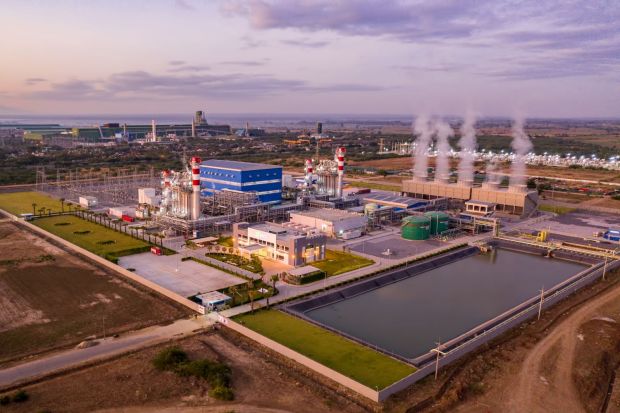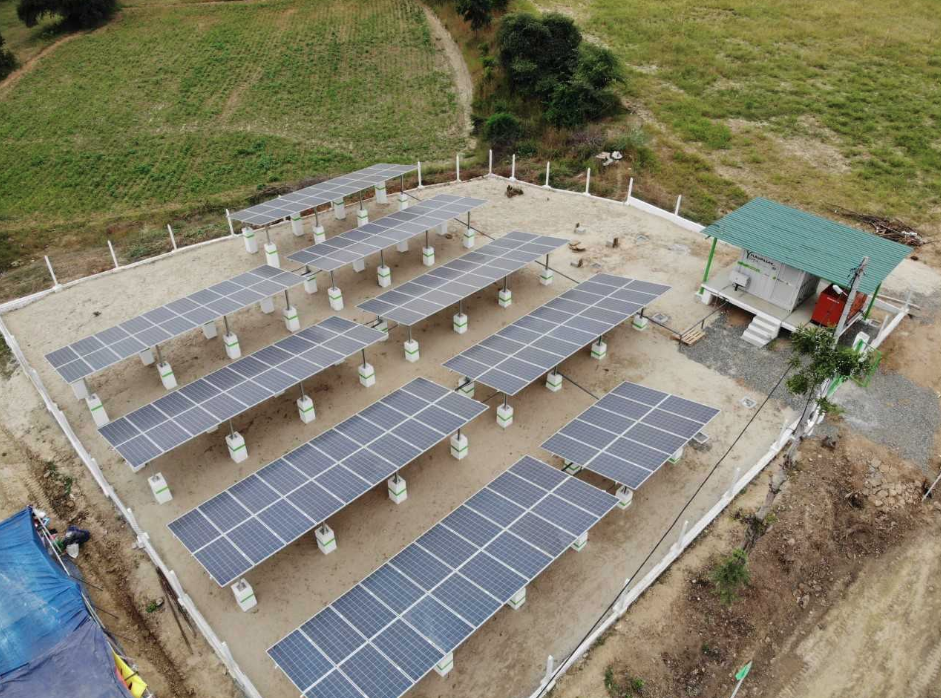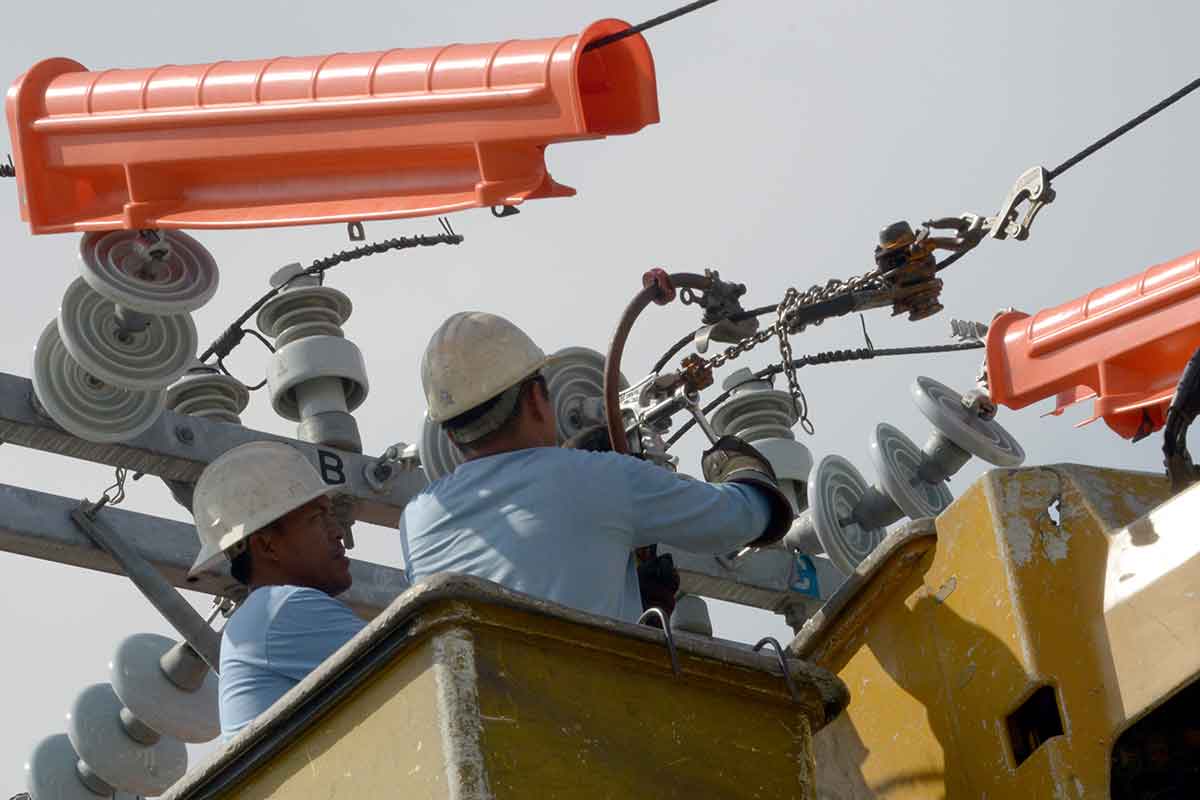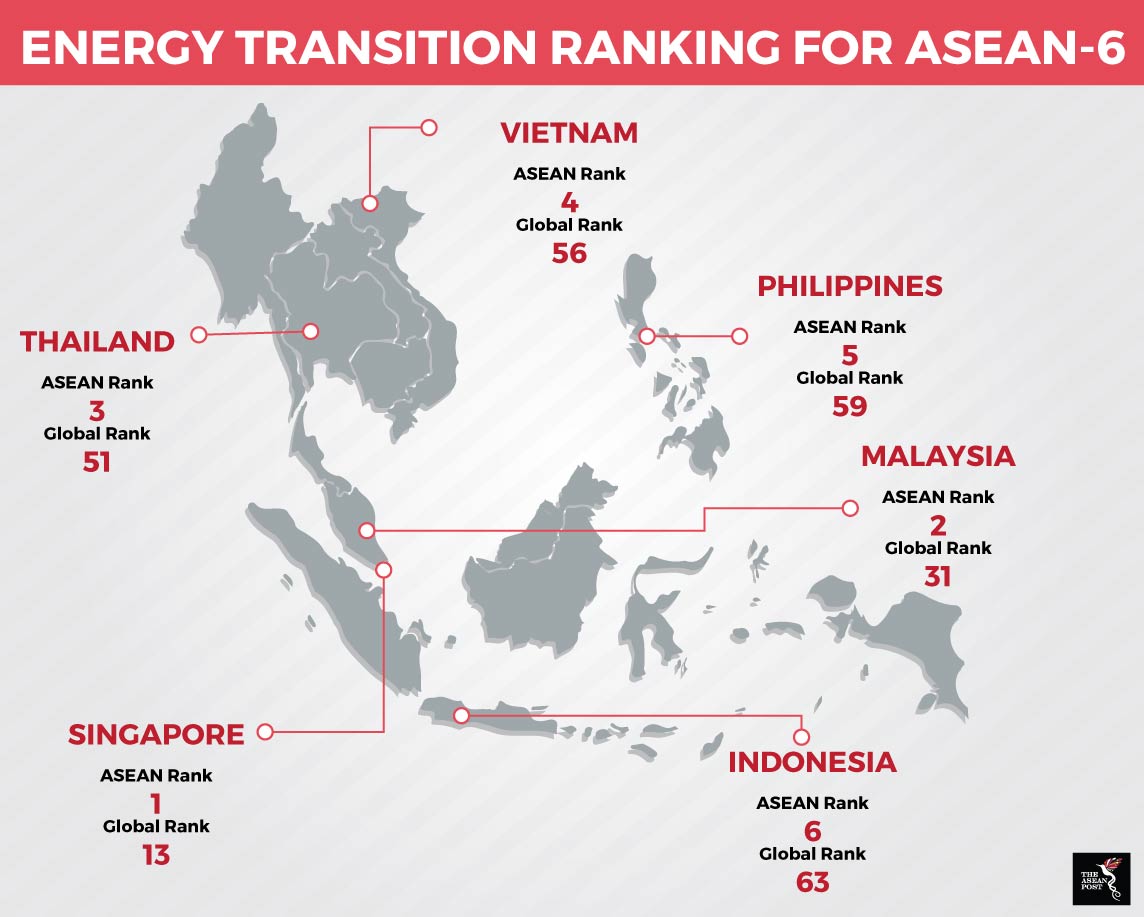- Renewables
–
- ASEAN
RENEWABLE energy sources can be just as – or even more – cost-competitive than conventionally generated power in South-east Asia, a study by the Asean-German Energy Programme has found.
“With a few years of development, solar PV (photo-voltaic) could potentially compete with conventional energy sources, especially if it was assumed that the prices of the conventional forms of energy will steadily increase,” the Asean Centre for Energy said in a report.
The Asean-German Energy Programme is a tie-up between the Indonesia-based centre and German development agency Deutsche Gesellschaft für Internationale Zusammenarbeit.
“Several factors, such as subsidies, resources scarcity, and the constant ageing of existing facilities will likely push the costs of conventional energy sources higher over time,” the report added. This is even though biomass and hydropower are the more cost-competitive renewable power sources for now, which the study attributed to the relative maturity of these technologies.
The latest study has found that hydropower sources in Indonesia, the Philippines, and Thailand could compete with conventional fuel generation, alongside most Malaysian projects. Some biomass projects in Indonesia, the Philippines and Thailand have also reached grid parity.
“However, with the cost of solar PV on a steeply declining trend, it could be a promising option for development,” the centre noted.
The analysis was based on the levelised cost of electricity, which measures the worth of electricity generation-related components, such as capital or operating costs, for each unit of power produced – in other words, the dollar value of each kilowatt-hour.
Solar PV has already reached grid price parity in Singapore and the Philippines, and if equipment costs can be brought down, solar energy could achieve this milestone in Thailand too, the report said.
The Asean Centre for Energy, which noted that the pace of renewable energy development in Asean is in line with global trends, called for targeted support from regional governments to address discount rates, capital costs and capacity factor, and thus spur renewable power development.
“For example, subsidies and financing mechanisms – that is, tax or land acquisition – could be created to reduce the capital costs,” it suggested. “Additionally, specific (renewable energy) research grants could be distributed to encourage technology production in the region and also efficiency enhancement.”










